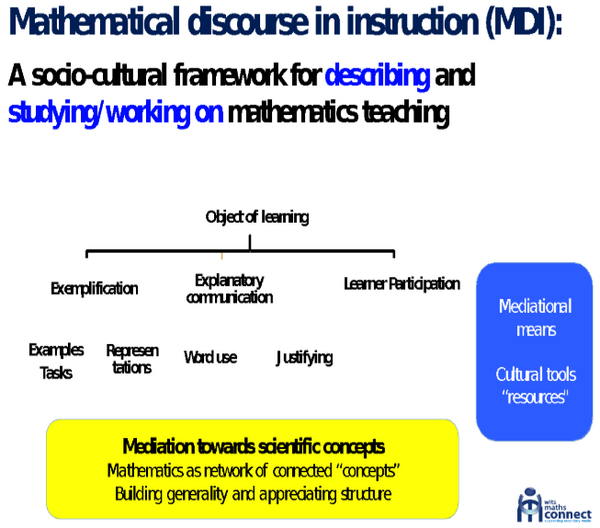Learning Gains Study
The Learning Gains studies investigate the impact of teachers’ participation in professional development (PD) on learner attainment. The Learning Gains I study (2013) showed that Grade 10 learners taught by teachers who had participated in the Transition Maths 1 course outperformed learners, in the same schools, taught by teachers who had not participated in the course. The gains were statistically significant with an effect size of d=0.21. In 2017 the gains made by Grade 9 learners taught by TM1 teachers were not statistically significant in relation to the comparison group. In 2018 we compared the performance of Grade 9 and 10 learners taught by teachers who had been on the course in 2016 or 2017, with learners taught by teachers who had no previous contact with the project. Initial results show that the Grade 9 and Grade 10 learners taught by TM1 2016 teachers made statistically significant gains over the other two groups, with effect sizes for Grade 9 and Grade 10 groups of d=0.68 and d=0.50 respectively. However, the gains of the group taught by TM1 2017 teachers were not statistically significant in relation to the comparison group. This, together with the 2017 results, supports the international findings that the impact of PD on learner attainment is delayed.
